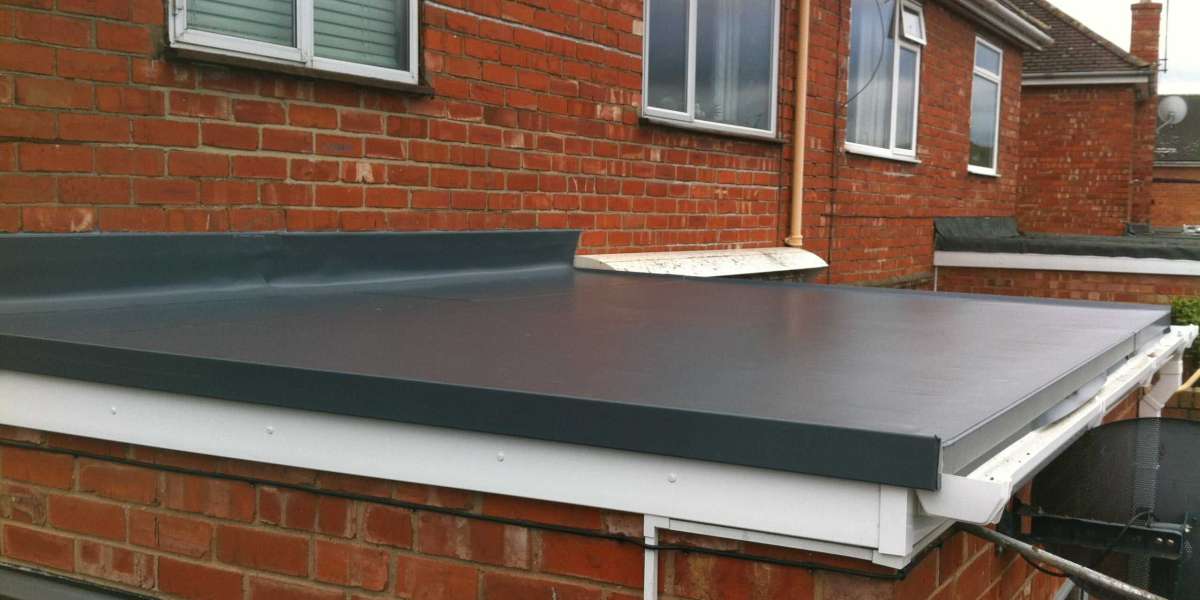Basement walls are under constant pressure from soil and water intrusion, which can lead to bowing, cracking, or even structural failure over time. Homeowners in Massachusetts can protect their property by installing carbon fiber wall reinforcement systems from Key Waterproofing Construction. These systems strengthen basement walls, prevent further movement, and integrate with waterproofing solutions to maintain a dry and stable foundation.
Investing in carbon fiber reinforcement is more than just a repair it’s a long-term solution that preserves your home’s structural integrity. Modern systems are designed to be minimally invasive, cost-effective, and durable for decades. They provide peace of mind for homeowners, ensuring that your basement walls can withstand soil pressure and water-related stress without requiring expensive reconstruction.
Professionally installed carbon fiber systems not only prevent structural damage but also preserve the home’s value. Combining carbon fiber installation with other professional services enhances protection. For instance, residents in Cambridge, MA can also benefit from basement waterproofing, sump pump installation, and floor sealing to further safeguard their home from moisture and structural issues.
What Is a Carbon Fiber System?
A carbon fiber system uses high-strength carbon fiber straps adhered to basement walls with industrial-grade epoxy. These straps reinforce weakened or bowing walls and prevent further movement. Key components include:
Carbon fiber straps
Industrial epoxy adhesive
Anchoring hardware (if required)
Professional installation tools
Carbon fiber systems are minimally invasive, cost-effective, and provide long-lasting structural support without major excavation or reconstruction.
Why Basement Walls Fail
1. Hydrostatic Pressure
Waterlogged soil creates hydrostatic pressure against basement walls, pushing them inward and causing bowing.
2. Poor Drainage
Insufficient drainage, improper grading, or clogged perimeter drains can increase pressure and exacerbate wall movement.
3. Aging Foundations
Older homes often have walls made of materials that weaken over time, making reinforcement necessary.
4. Soil Movement
Freeze-thaw cycles and seasonal soil shifts in Massachusetts contribute to wall cracks and bowing.
Benefits of Carbon Fiber System Installation
Structural Reinforcement: Strengthens bowing walls and prevents future movement.
Water Damage Prevention: Works alongside waterproofing to reduce moisture intrusion.
Minimal Disruption: Installed inside the basement without extensive demolition.
Cost-Effective: Less expensive than full wall replacement.
Long-Term Protection: Industrial-grade carbon fiber lasts decades without losing strength.
Installation Process
Step 1: Assessment
Technicians inspect basement walls to identify bowing, cracks, or stress points and determine which walls need reinforcement.
Step 2: Surface Preparation
Walls are cleaned and prepared to ensure optimal adhesion for carbon fiber straps.
Step 3: Application
Straps are applied vertically or horizontally to the wall using industrial epoxy. Anchors may be installed in severe cases.
Step 4: Curing and Testing
Epoxy is allowed to cure, bonding the carbon fiber to the wall. Technicians verify reinforcement stability.
Step 5: Integration With Waterproofing
For maximum protection, carbon fiber systems are often combined with basement waterproofing services, sump pump installation, or floor sealing.
Maintenance Tips for Carbon Fiber Systems
Inspect walls periodically for movement or damage.
Check that epoxy remains intact and no moisture is behind the straps.
Schedule professional inspections every few years to ensure structural integrity.
Common Mistakes Homeowners Make
Attempting DIY installation without proper expertise.
Ignoring water intrusion issues that can worsen wall stress.
Failing to integrate carbon fiber systems with waterproofing solutions.
Neglecting inspections and maintenance.
Advantages of Professional Installation
Professional installers ensure:
Proper assessment and correct strap placement
Use of industrial-grade materials for long-term durability
Integration with waterproofing systems
Warranty and long-term support
Why Choose Key Waterproofing Construction?
With over 20 years of experience, Key Waterproofing Construction specializes in basement waterproofing, structural reinforcement, and foundation protection in Massachusetts. Our services include:
Carbon fiber system installation
Sump pump installation and repair
Basement waterproofing and crawl space solutions
Floor and wall sealing
Foundation crack repair
We serve Cambridge, Amherst, Somerville, Denver, Newton, and surrounding areas. Our team ensures homes remain structurally secure and protected against water damage.
Conclusion – Strengthen Your Basement and Protect Your Home
Carbon fiber system installation is a highly effective solution for bowing or weakened basement walls. Combining carbon fiber reinforcement with professional waterproofing measures ensures homes in Massachusetts remain structurally sound, dry, and safe from costly water damage. Homeowners trust Key Waterproofing Construction for expert installation, long-lasting protection, and peace of mind.
FAQs – Carbon Fiber Basement Reinforcement
Q1: How long does installation take?
A1: Most installations are completed in 1–3 days depending on wall size and severity.
Q2: Can carbon fiber systems be installed in finished basements?
A2: Yes, installation is minimally invasive and does not require major demolition.
Q3: Does carbon fiber prevent water damage?
A3: It strengthens walls, and is most effective when combined with basement waterproofing.
Q4: How long does a carbon fiber system last?
A4: Industrial-grade carbon fiber can last for decades without losing strength.
Q5: Is professional installation necessary?
A5: Yes, professional installation ensures long-term performance and structural integrity.









